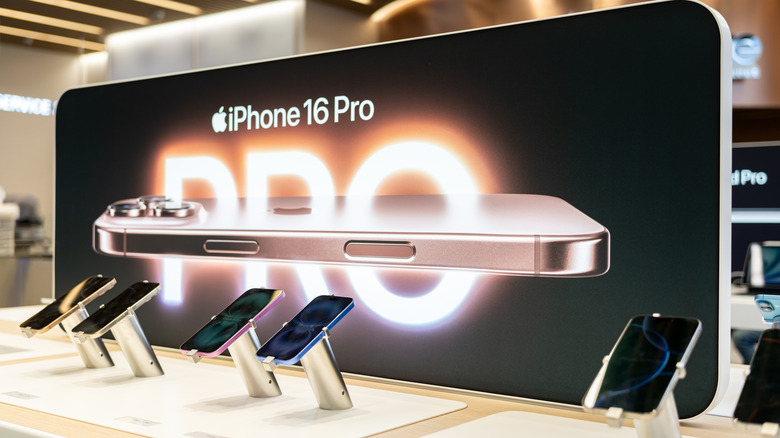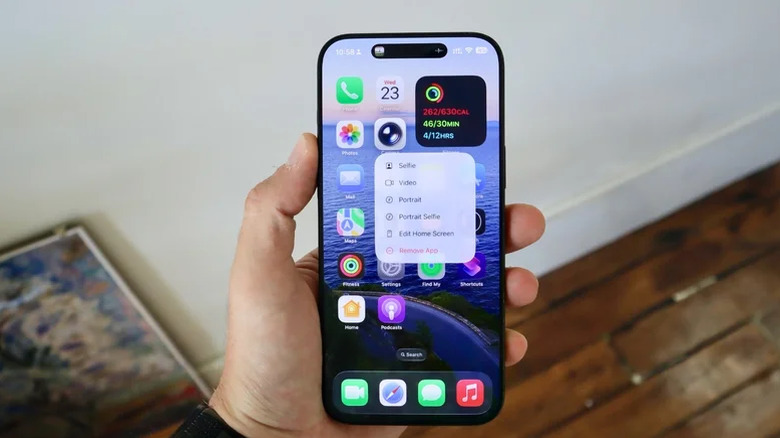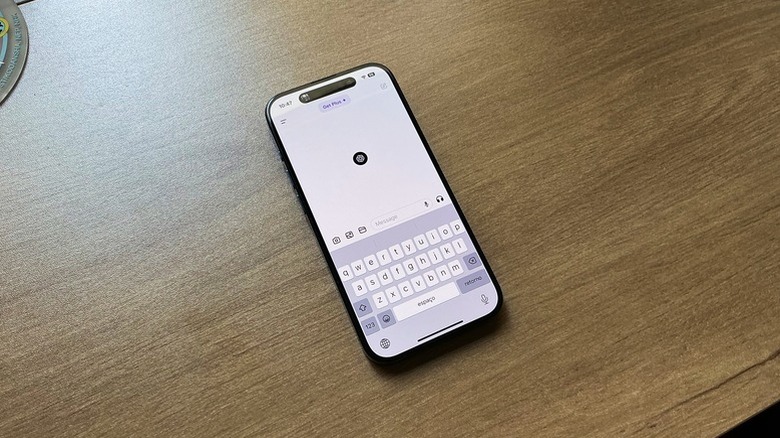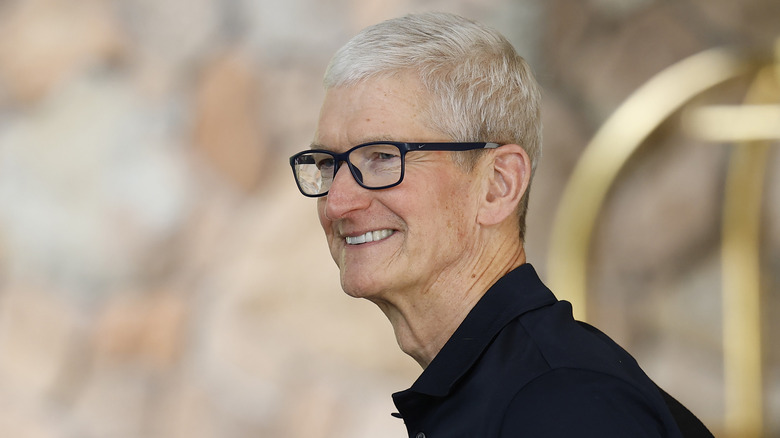iPhone 17 Price Hike Concerns Heat Back Up As New Tariffs Loom
Apple on Thursday reported $94 billion in revenue for the June 2025 quarter, a 10% increase over last year. The iPhone, the Mac, and Apple's services all rose significantly during the period. Apple also confirmed it paid $800 million in tariffs, or $100 million lower than its guidance in May. The iPhone maker expects that tax to balloon to $1.1 billion for the September quarter, when the iPhone 17 series and the new Apple Watch Series 11 models launch.
Separately, President Trump issued an executive order on Thursday imposing tariffs from 10% to 41% on dozens of countries. Taiwan, where Apple's key iPhone chip supplier TSMC operates, is subject to a 20% tariff, pending negotiations. There's also the threat of specific chip tariffs, as semiconductors are currently under a U.S. national security probe under Section 232 of the Trade Expansion Act of 1962.
All these developments have occurred just over a month ahead of the iPhone 17 launch in September, prompting renewed worries that prices might be on the rise for the iPhone 17 series.
We've been taking iPhone prices for granted
Apple has kept iPhone prices largely unchanged in the past few years, despite the various difficulties it has had to contend with. The COVID pandemic followed by a period of high inflation impacted Apple's manufacturing and shipping costs, but Apple didn't implement significant price hikes. The iPhone 14 series saw a localized price increase in Europe, as Apple adjusted prices to account for a stronger dollar. Those hikes were reverted for the iPhone 15 series in the region.
Apple also stopped selling the 128GB model when it released the iPhone 15 Pro Max, so the cheapest iPhone 15 Pro Max was the 256GB option, which cost $1,299, or the same price as the 256GB iPhone 14 Pro Max and the 256GB iPhone 16 Pro Max that followed it. Also, Apple replaced the iPhone mini with the iPhone Plus starting with the iPhone 16 series. This eliminated the cheaper $699 iPhone mini option from Apple's lineup.
It's remarkable that Apple was able to keep the same iPhone pricing structure for all these years, especially in the U.S. That's why loyal iPhone buyers have come to expect Apple to keep iPhone prices unchanged from year to year. Tariffs are a different matter, however. They could impact the iPhone 17 price significantly. Apple CEO Tim Cook said during Apple's Q2 earnings call in May that "the vast majority of our products, including iPhone, Mac, iPad, Apple Watch, and Vision Pro, are currently not subject to the global reciprocal tariffs that were announced in April." The CEO also acknowledged Apple's Section 232 investigation into semiconductors.
Will the iPhone be impacted by tariffs?
Trump has threatened Apple with 25% tariffs a couple of times since April, unhappy that the iPhone maker didn't show signs it's willing to consider manufacturing the iPhone at home. Before that, Apple shifted U.S.-bound iPhone production to India to avoid the higher tariffs for China. Trump wasn't happy with that solution.
After the earnings call in May, I used ChatGPT to determine what sort of price hike would apply to the iPhone for Apple to make up that $900 million tariff loss. In my scenario, Apple would use the iPhone to reduce the impact of tariffs even though the phone wasn't taxed extra under Trump's new tariffs. The AI offered me a price hike under $20 in a scenario where Apple raised iPhone prices worldwide to recoup that $900 million hit. A second scenario involved Apple only increasing iPhone prices in the U.S. to make up for the tariffs. In this case, all iPhones would cost $50 more than the current prices.
I said at the time that Apple would not increase iPhone 16 prices mid-cycle. The price hikes could apply to the iPhone 17 series, depending on how tariffs apply to the iPhone. Fast-forward to Apple's late July earnings report for the June quarter, and we have a new tariff guidance for the next period. Apple expects a similar hit, but $1.1 billion is higher than the previous $900 million guidance. It's still a lot of money that Apple will have to pay in tariffs, and that's before we know whether the iPhone will have to face the 25% tariff that Trump has threatened.
iPhone 17 price rumors
We've seen reports about imminent iPhone 17 price hikes all year long. More recently, we learned that Apple has been pressuring suppliers of key iPhone components to lower part prices. The move will help Apple reduce the cost of tariffs and prevent significant price hikes. Earlier reports said Apple was already considering a price increase for the new series, but it didn't want buyers to associate the hike with Trump's tariffs.
Earlier this week, Jefferies analyst Edison Lee predicted that Apple would increase iPhone 17 prices this year, but offered a more promising picture than expected. The base iPhone 17 would still start at $799, just like its predecessor. The iPhone 17 Air, 17 Pro, and 17 Pro Max would all cost $50 more than their predecessors. The iPhone 17 Air is expected to replace the Plus model this year. The expectation is that the ultra-thin iPhone will cost at least $899, which is what you'd pay for a new iPhone 16 Plus right now.



